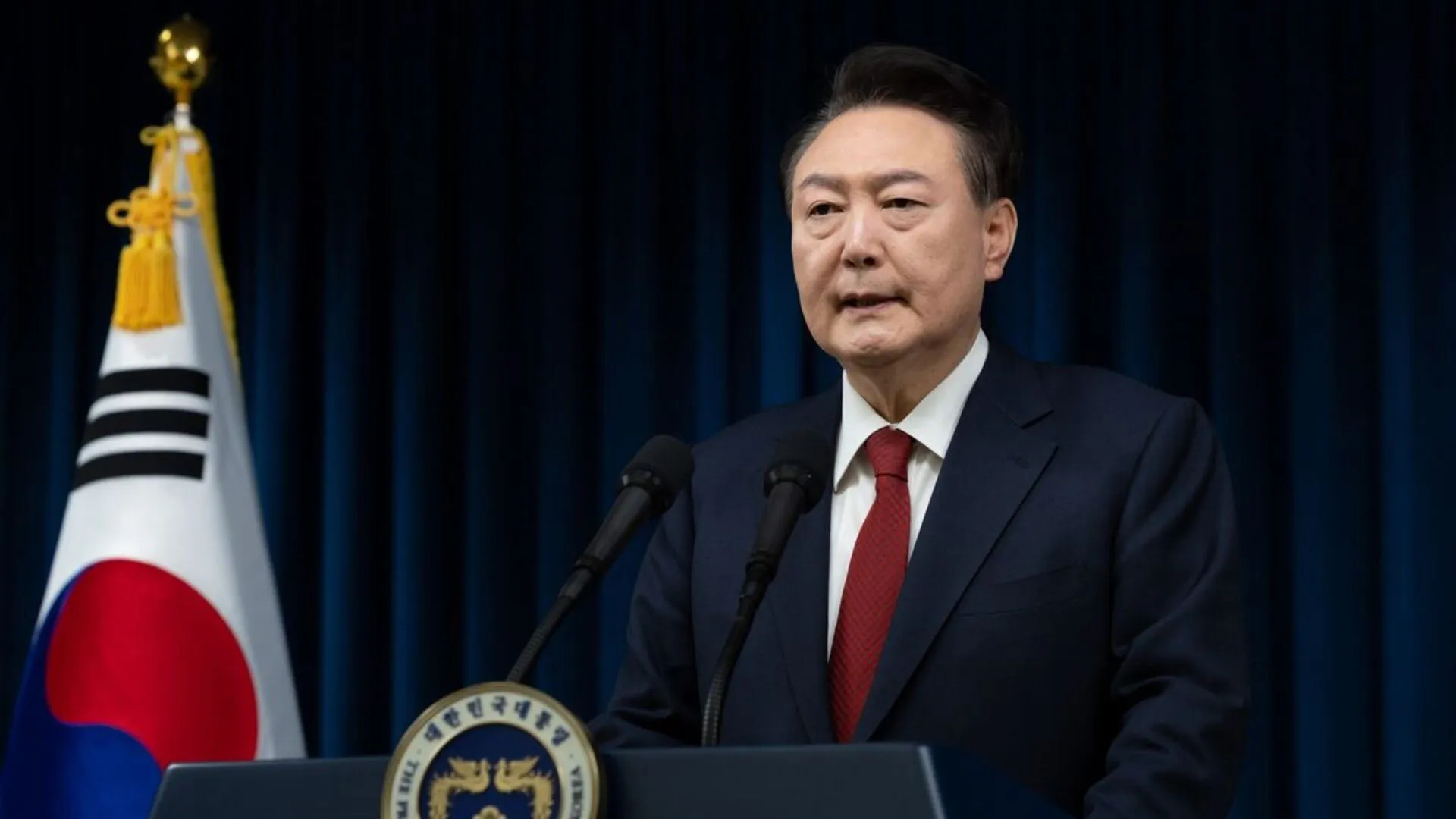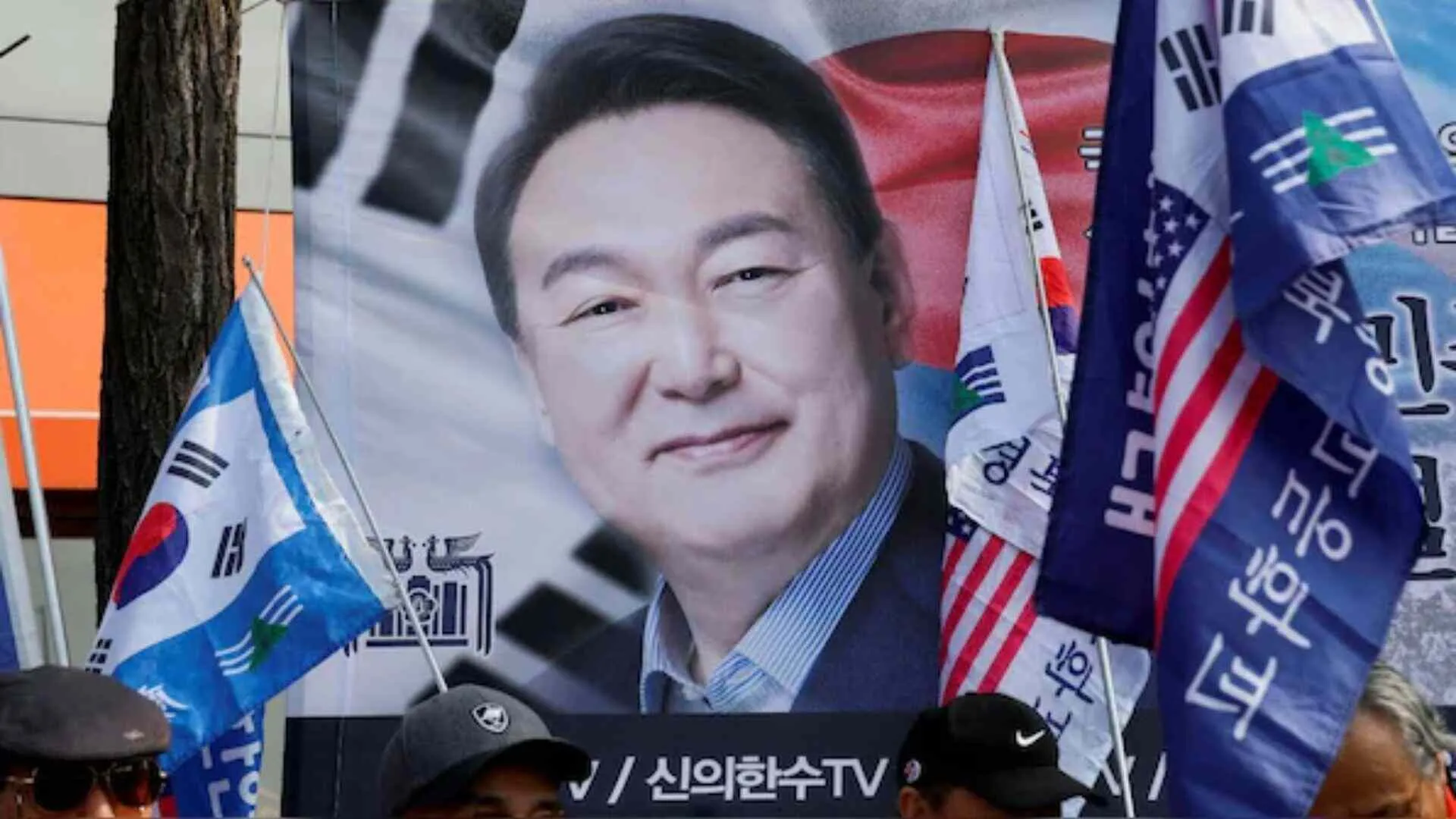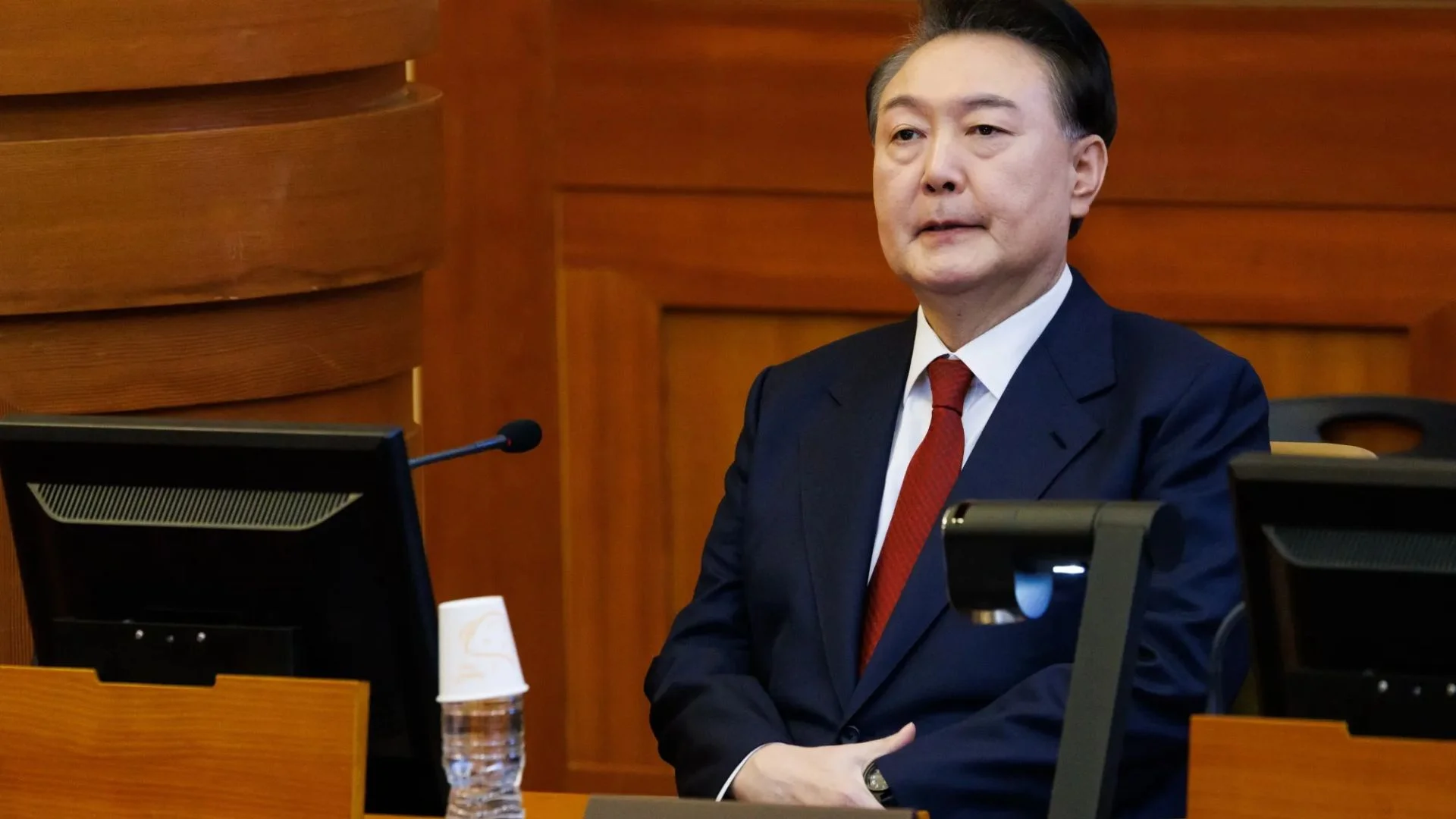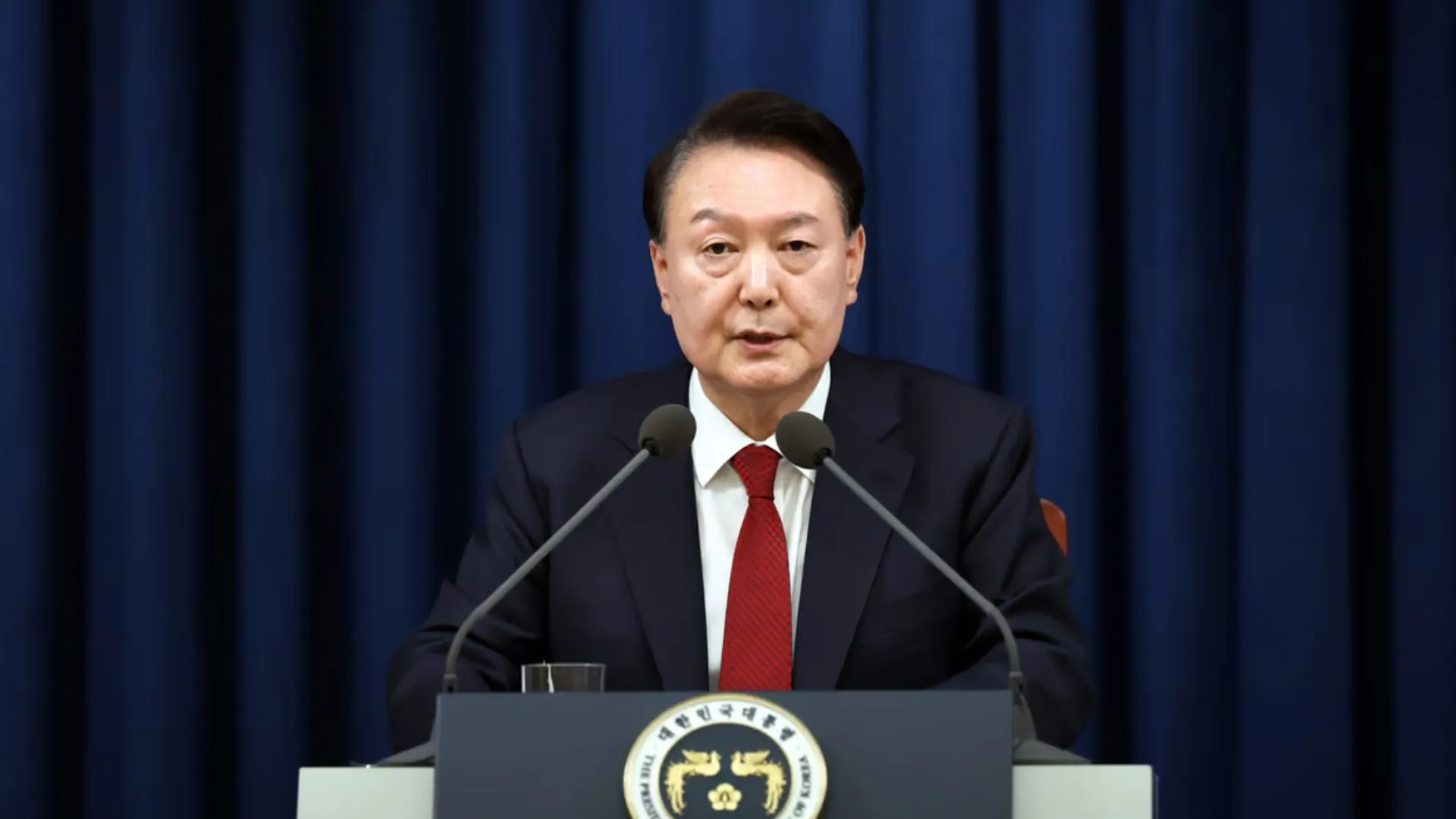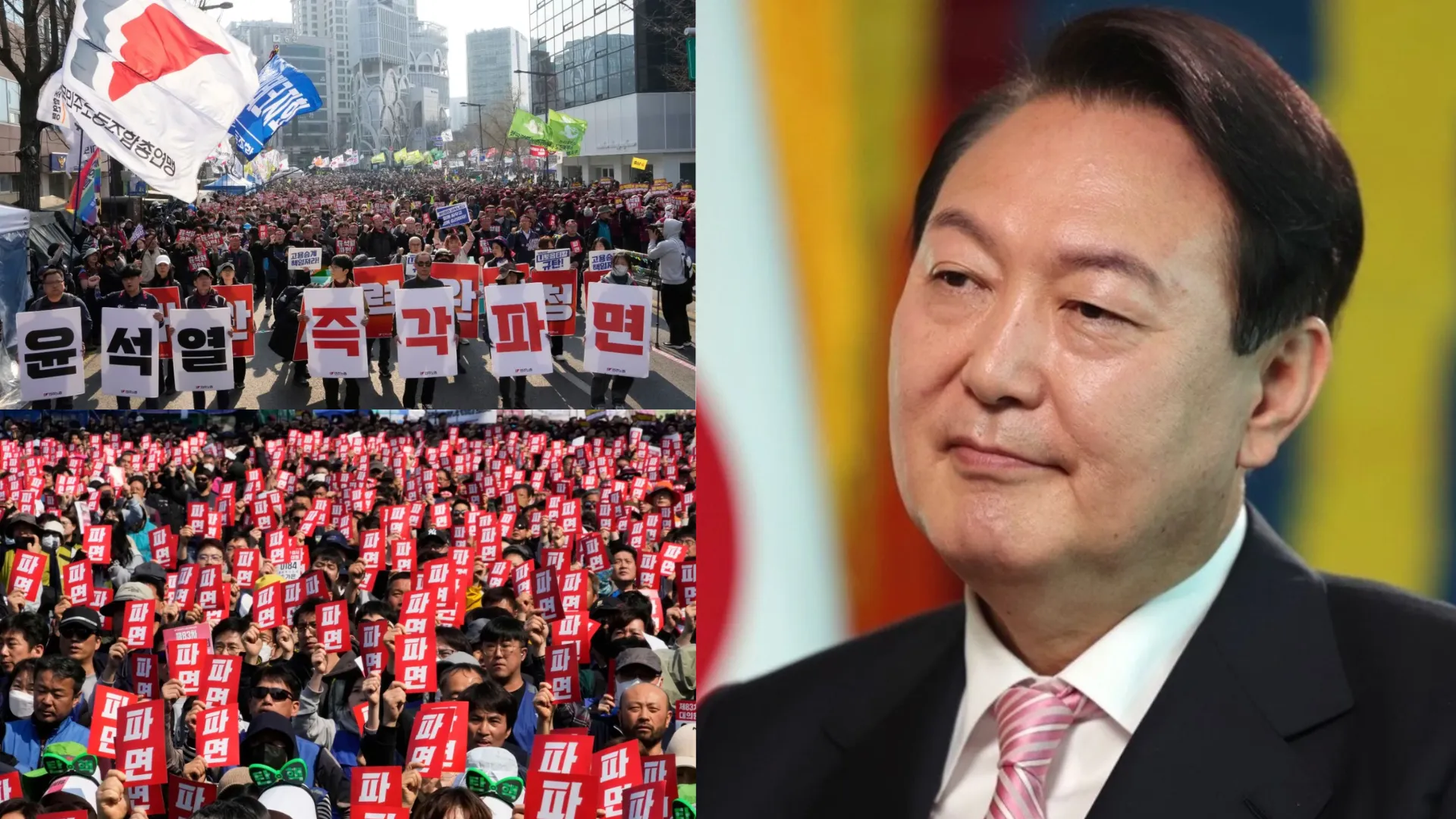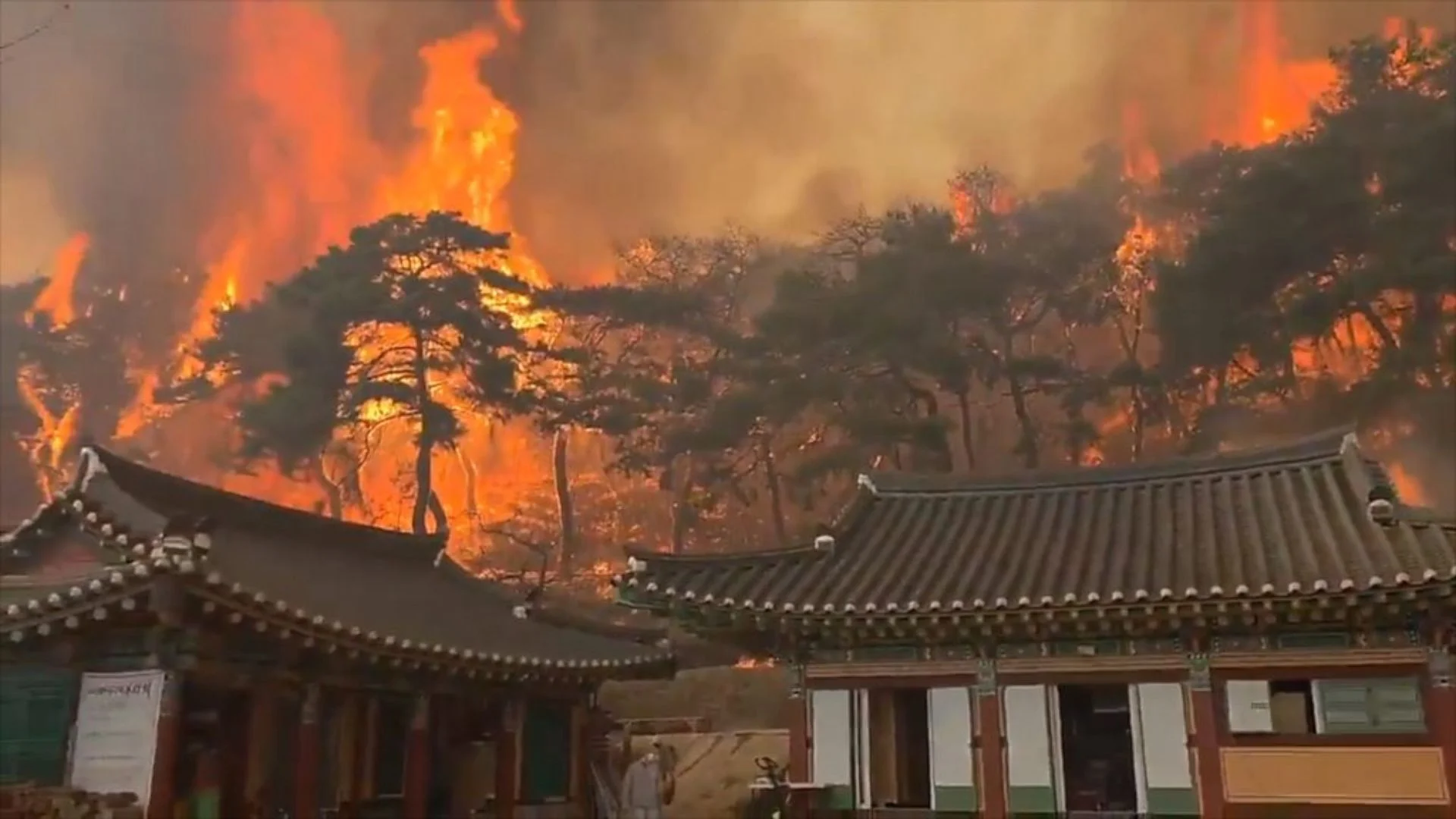A South Korean court approved an arrest warrant on Tuesday for suspended President Yoon Suk Yeol. The Seoul Western District Court issued the warrant at the request of investigators who accused Yoon of insurrection and abuse of power. According to local media, this is the first time in South Korean history that an arrest warrant has been issued for a sitting president.
Yoon was on December 14 impeached by the National Assembly following his much-criticized declaration of martial law earlier in the month. On December 3, Yoon defended his decision in a public speech saying that it had to be done as there was “stagnation of government functions” due to the liberal opposition. He criticized the Democratic Party for dominating parliament and being lenient towards North Korea.
The declaration immediately sparked a wave of protests and fierce opposition from lawmakers. In response, the National Assembly voted overwhelmingly to repeal martial law, with all 190 members present endorsing its removal. Yoon later stated that he had ordered the withdrawal of stationed troops and pledged to end martial law, pending a cabinet quorum. The State Council later convened to formally terminate the decree.
Legal Action Against Yoon
The South Korean Corruption Investigation Office for High-ranking Officials approved the request for an arrest warrant, accusing Yoon of masterminding a coup by mobilizing troops and misusing his presidential powers. The charges are of constitutional importance since South Korean law allows the arrest of an incumbent president in the event of insurrection.
Yoon has refused multiple summonses for questioning. His legal team disputes the charges, asserting that a sitting president cannot be prosecuted for power misuse and that the martial law declaration adhered to constitutional provisions.
Suspension and Future Developments
Yoon was suspended from office following his impeachment with a 204-85 vote. According to him, he acted for the protection of the constitutional framework, and he promised to face the allegations against him. It is now left to the Constitutional Court to make a decision about the impeachment of Yoon. In case it sustains his impeachment, the election of the president would be conducted within 60 days.
Public opinion seems to be largely against Yoon, as polls suggest that most South Koreans feel his declaration of martial law was unwarranted.

